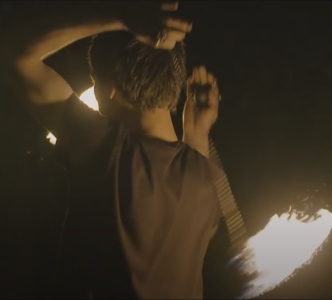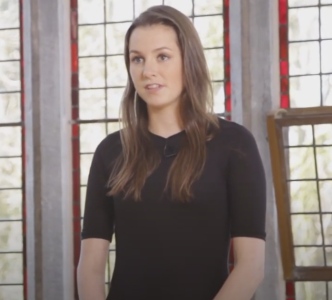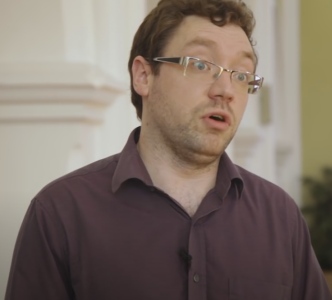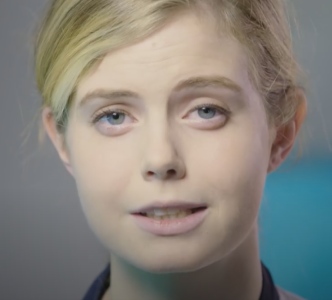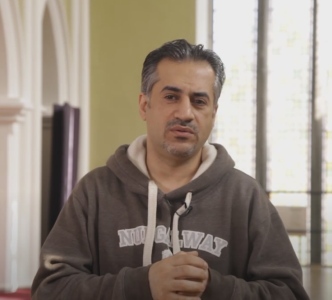-
Courses

Courses
Choosing a course is one of the most important decisions you'll ever make! View our courses and see what our students and lecturers have to say about the courses you are interested in at the links below.
-
University Life

University Life
Each year more than 4,000 choose University of Galway as their University of choice. Find out what life at University of Galway is all about here.
-
About University of Galway

About University of Galway
Since 1845, University of Galway has been sharing the highest quality teaching and research with Ireland and the world. Find out what makes our University so special – from our distinguished history to the latest news and campus developments.
-
Colleges & Schools

Colleges & Schools
University of Galway has earned international recognition as a research-led university with a commitment to top quality teaching across a range of key areas of expertise.
-
Research & Innovation

Research & Innovation
University of Galway’s vibrant research community take on some of the most pressing challenges of our times.
-
Business & Industry

Guiding Breakthrough Research at University of Galway
We explore and facilitate commercial opportunities for the research community at University of Galway, as well as facilitating industry partnership.
-
Alumni & Friends

Alumni & Friends
There are 128,000 University of Galway alumni worldwide. Stay connected to your alumni community! Join our social networks and update your details online.
-
Community Engagement

Community Engagement
At University of Galway, we believe that the best learning takes place when you apply what you learn in a real world context. That's why many of our courses include work placements or community projects.
Astronomical Instrumentation and Technology (Structured MSc)
Course Overview
Applications for 2025/26 are now closed to International (Non-EU) students. Contact us for advice on alternative programmes.
This master's programme will provide students with an in-depth understanding of the technology used in modern astronomical observatories through taught courses and a research project. It will prepare students to effectively carry out PhDs in either the development of new astronomical instrumentation or in the use of data and images from these facilities. A combination of core modules on astronomical instrumentation, as well as transferable skills and specific engineering modules in technologies such as computing, electronics and control will also enhance the employability of graduates of this Structured MSc.
Click for more information on the MSc Astronomical Instrumentation.
Applications and Selections
Applications are made online via the University of Galway Postgraduate Applications System. Candidates are required to provide full CV and personal statement and the names of two academic references.
Who Teaches this Course
Staff members of The Centre for Astronomy and the Applied Optics group, both under the School of Physics.
Requirements and Assessment
Key Facts
Entry Requirements
2.1 degree in physics or relevant engineering discipline. Candidates are required to provide full CV and personal statement and the names of two academic references.
Additional Requirements
Recognition of Prior Learning (RPL)
Duration
1 year, full-time
Next start date
September 2025
A Level Grades ()
Average intake
12
QQI/FET FETAC Entry Routes
Closing Date
No set closing date. Offers made on a continuous basis
NFQ level
Mode of study
ECTS weighting
Award
CAO
Course code
MSC-AIT
Course Outline
The 12-month programme will have a research project (60 ECTS) and taught components (30 ECTS). The taught component will consist of 30 credits of core modules specifically related to astronomical instrumentation. The remaining 30 credits correspond to modules in transferable skills (10 credits) plus Engineering modules relevant to astronomical instrumentation and astrophysics modules.
[an error occurred while processing this directive]Why Choose This Course?
Career Opportunities
This master's will provide students with an in-depth understanding of the technology used in modern astronomical observatories. As such graduates of the proposed MSc programme will in demand by national and international technological industries as well as by research institutes, observatories and University research groups. The combination of advanced modules and a research project leading to a thesis will also effectively bridge the gap between undergraduate study and a PhD.
Who’s Suited to This Course
Learning Outcomes
Transferable Skills Employers Value
Work Placement
Study Abroad
Related Student Organisations
Course Fees
Fees: EU
Fees: Tuition
Fees: Student levy
Fees: Non EU
For 25/26 entrants, where the course duration is greater than 1 year, there is an inflationary increase approved of 3.4% per annum for continuing years fees.
Postgraduate students in receipt of a SUSI grant – please note an F4 grant is where SUSI will pay €4,000 towards your tuition (2025/26). You will be liable for the remainder of the total fee. A P1 grant is where SUSI will pay tuition up to a maximum of €6,270. SUSI will not cover the student levy of €140.
Note to non-EU students: learn about the 24-month Stayback Visa here.
Find out More
Dr Nicholas Devaney,
School of Physics.
T: +353 91 495 188
E: nicholas.devaney@universityofgalway.ie








